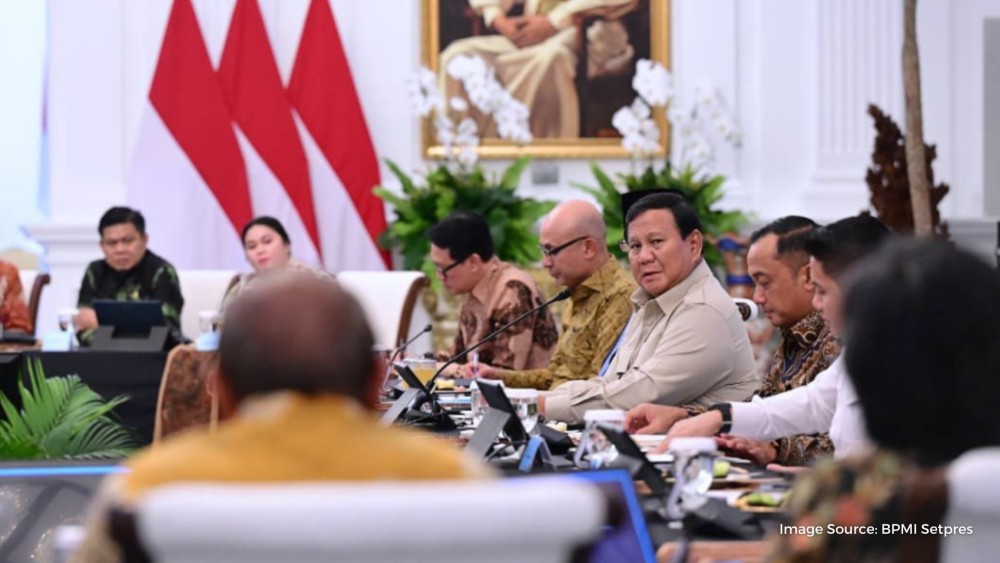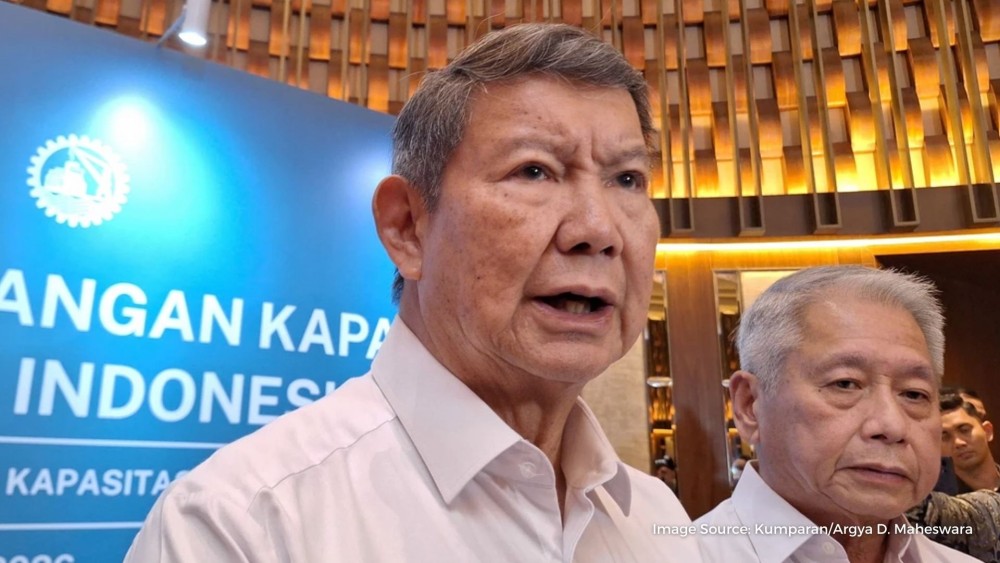Indonesia Proposes Trade Tariff Reductions to the US Through Bilateral Cooperation
14 Jan 2025

Coordinating Minister for Economic Affairs, Airlangga Hartarto, stated that Indonesia is seeking to propose trade tariff reductions with the United States (US) through bilateral cooperation. This initiative is aimed at mitigating the potential impact of import tariff policies that might be implemented during Donald Trump’s administration.
"We are requesting bilateral economic cooperation so that the tariffs can be reduced," Airlangga said after the IBC Business Competitiveness Outlook 2025 event in Jakarta on Monday (January 13).
Airlangga explained that several commodities potentially affected by US tariff policies include footwear and garments. Comparatively, similar products from Vietnam are not subject to tariffs due to the bilateral agreement that country has with the US.
"So far, the US has imposed tariffs on our shoes, clothing, and various commodities, while Vietnam is exempt. We are already quite accustomed to the tariff policies applied by the US to Indonesia," Airlangga stated.
He noted that Vietnam’s bilateral agreement, which exempts its products from tariffs in the US market, has proven beneficial for the country. He suggested that Indonesia could consider a free trade agreement (FTA) as one form of bilateral cooperation with the US.
"We have already requested bilateral economic cooperation so that tariffs on local products entering the US can be reduced," Airlangga emphasized.
CEPA Agreement with Canada
As part of its mitigation strategy, the government is also preparing a Comprehensive Economic Partnership Agreement (CEPA) with Canada. This agreement is expected to serve as a gateway for Indonesian local products to enter the US market, considering that products originating from Canada are not subjected to tariffs upon entering the US.
Minister of Trade Budi Santoso believes that the CEPA with Canada (ICA-CEPA) could help overcome export barriers to North American countries. He highlighted that Canada could also serve as a direct market for Indonesia's crude palm oil (CPO) exports. Currently, Canada sources its CPO from three countries: Indonesia, Malaysia, and the US.
However, Bank Indonesia Governor Perry Warjiyo opined that the CEPA with Canada might not be the optimal strategy for addressing the impact of a trade war with the US. According to him, the Trump administration tends to impose high import tariffs on countries with significant trade surpluses with the US, including Canada.
Perry also pointed out that with Trump’s "America First" slogan, the administration prioritizes bilateral agreements deemed beneficial for the US over multilateral agreements. He recommended that Indonesia focus on increasing exports to the US while maintaining trade balance.
Original article here
This article is published in partnership with Katadata






